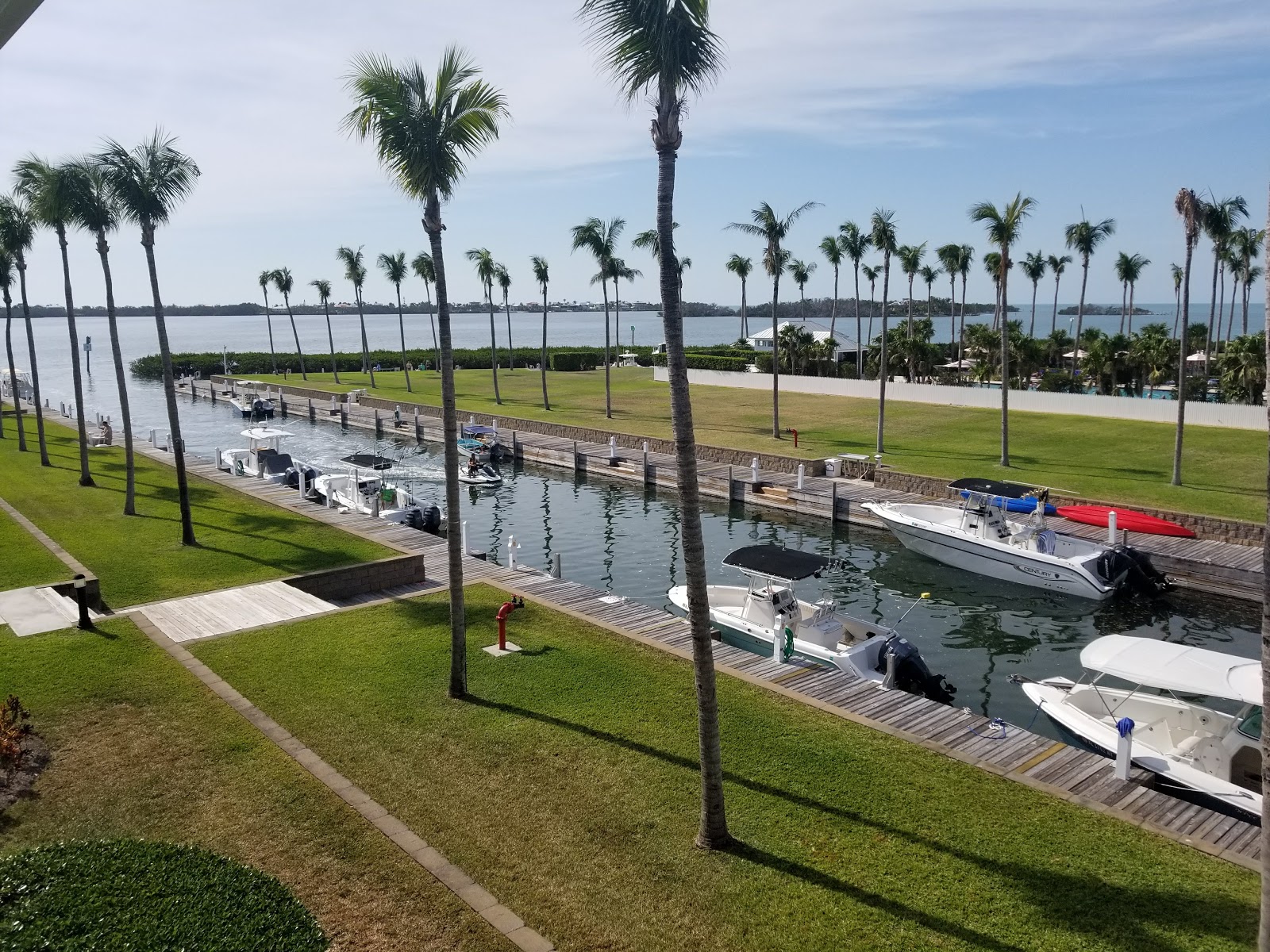Overview
WestCare - Wyoming Honor Conservation Camp/ Boot Camp (WHCC/BC) is a mental health treatment center for people seeking treatment near Weston County. As part of their treatment modalities for recovery, WestCare - Wyoming Honor Conservation Camp/ Boot Camp (WHCC/BC) provides assertive community treatment during treatment. WestCare - Wyoming Honor Conservation Camp/ Boot Camp (WHCC/BC) is located in Newcastle, Wyoming, accepting cash or self-payment for treatment.
WestCare - Wyoming Honor Conservation Camp/ Boot Camp (WHCC/BC) at a Glance
Payment Options
- Cash or self-payment
Assessments
- Comprehensive mental health assessment
Age Groups
- Young adults
Operation
- Private non-profit organization
Treatment At WestCare - Wyoming Honor Conservation Camp/ Boot Camp (WHCC/BC)

Conditions Treated
Mental health treatment:
Mental health treatment involves a range of therapeutic approaches, provided by licensed professionals, to address mental health challenges. It includes psychotherapy, medication, and holistic practices to help individuals manage conditions, improve coping skills, and enhance overall well-being. The goal is to empower individuals to lead fulfilling lives and reduce the stigma surrounding mental health.

Levels Of Care
Intensive outpatient treatment:
Intensive outpatient (IOP) supports clients in maintaining their sobriety by providing tailored, high-quality care that adapts to their changing requirements. Clients participate in numerous weekly treatment sessions, generally receiving between nine to twenty hours of outpatient care. As clients achieve stability, the treatment frequency and intensity gradually diminish. Many intensive outpatient rehabilitation centers offer a range of services, including addiction counseling, training in life skills essential for recovery, and medication-assisted treatment (MAT). Additionally, evidence-based complementary therapies are frequently integrated into the program.
Outpatient:
Outpatient treatment at rehab centers provides adaptable therapy schedules, usually spanning 1-3 hours weekly, enabling participants to maintain their everyday routines while undergoing treatment. On the other hand, intensive outpatient programs require a more dedicated time investment, frequently around 9-15 hours a week, delivering a deeper therapeutic experience without the commitment of inpatient residency.

Treatment Modalities
Assertive Community Treatment:
Assertive Community Treatment (ACT) is an evidence-based approach designed to provide comprehensive, community-based psychiatric treatment, rehabilitation, and support to individuals with severe and persistent mental illnesses. ACT teams are multidisciplinary and work closely with clients in their natural environments, such as homes or workplaces, rather than in traditional clinical settings. The model emphasizes individualized care, frequent client contact, and a shared caseload among team members to ensure a sustained and holistic approach to recovery.
Group counseling:
Group counseling provides a supportive environment where individuals share personal experiences and insights, under the guidance of a professional counselor. It facilitates self-awareness, fosters interpersonal learning, and helps members work through personal and relational challenges. Through shared dialogue and reflection, individuals learn coping strategies, gain emotional support, and experience personal growth within a communal setting.
Moral Reconation Therapy:
Moral Reconation Therapy, abbreviated as MRT, is a therapeutic method designed to fortify moral reasoning, primarily employed in the treatment of substance abuse. Originally developed to aid individuals with criminal backgrounds in refraining from further criminal activities, MRT follows a systematic approach that integrates both group and individual counseling sessions, along with assigned homework exercises. The MRT program is structured around a comprehensive workbook comprising 16 distinct steps or units, addressing seven critical treatment objectives. These objectives encompass cultivating a healthy and positive self-identity, enhancing one's ability to tolerate frustration, and constructing a robust moral belief system.
Fitness Therapy:
Fitness Therapy integrates physical activity and exercise into the addiction recovery process. Recognizing the intertwined nature of mental and physical well-being, this therapeutic approach promotes endorphin release, stress reduction, and improved mental clarity through structured exercise routines. In addiction treatment, Fitness Therapy helps rebuild physical strength and endurance eroded by substance abuse and fosters discipline, self-confidence, and a positive outlet for coping. As participants engage in regular fitness routines, they often experience enhanced mood, increased energy, and a fortified commitment to their sobriety journey.
Life Skills:
Life Skills is a crucial component of rehabilitation that focuses on equipping individuals with the practical abilities necessary to maintain sobriety and lead fulfilling lives. These skills encompass a wide range of capabilities, including but not limited to time management, communication, problem-solving, stress management, and financial literacy. By acquiring and honing these essential life skills, individuals in addiction treatment gain the tools and confidence needed to navigate the challenges of daily life, reduce the risk of relapse, and ultimately achieve lasting recovery.
Rational Behavior Therapy:
Rational Behavior Therapy (RBT) is a cognitive-behavioral approach to psychotherapy that emphasizes identifying, examining, and altering irrational beliefs and behaviors that contribute to emotional distress. RBT posits that emotional and behavioral disturbances are often the result of irrational thinking patterns. Through structured therapeutic sessions, individuals are taught to recognize and challenge these irrational beliefs, replacing them with more rational and adaptive thoughts, thereby promoting healthier emotional responses and behaviors.
Ancillary Services
Special Programs
- Persons 18 and older with serious mental illness (SMI)

Additional Locations
Contact Information
DISCLAIMER: The facility name, logo and brand are the property and registered trademarks of WestCare - Wyoming Honor Conservation Camp/ Boot Camp (WHCC/BC), and are being used for identification and informational purposes only. Use of these names, logos and brands shall not imply endorsement. BetterAddictionCare.com is not affiliated with or sponsored by WestCare - Wyoming Honor Conservation Camp/ Boot Camp (WHCC/BC).




